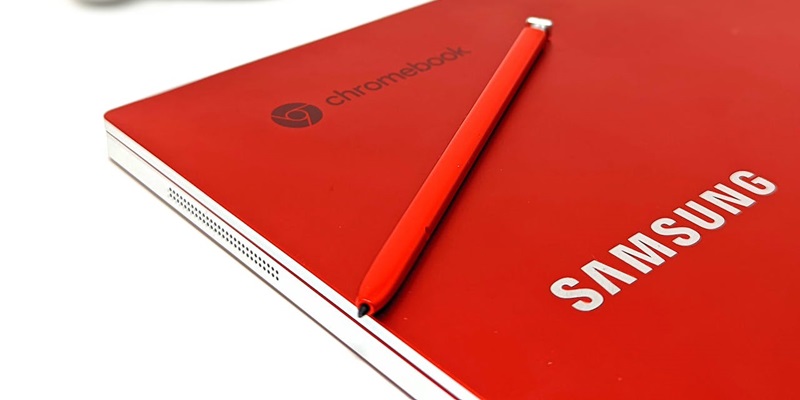The semiconductor manufacturing industry is fiercely competitive, with companies vying for dominance in advanced process nodes like 2nm and 3nm. In this article, we delve into the ongoing battle between Samsung and TSMC, two major players in the field. We explore Samsung’s challenges with GAA wafers, TSMC’s expected win at 2nm, Samsung’s price reduction tactics to lure back companies like Nvidia, the loss of Qualcomm’s business to TSMC, the importance of yield improvement for Samsung, Intel’s entry in 2024, Samsung’s lead with 3nm GAA transistors, the expected intensification of the market share battle, and a comparison of transistor technologies.
Samsung’s Challenges with GAA Wafers
Samsung, in an attempt to steal market share from TSMC, has resorted to offering wafers at a discounted price. However, the company continues to face hurdles with its GAA wafers, struggling to achieve high yields. This poses a significant challenge to Samsung’s goal of gaining confidence from companies seeking advanced process nodes.
TSMC’s Dominance and Expected Win at 2nm
TSMC currently holds a dominant position in the semiconductor manufacturing industry. Based on its current dominance, it is widely expected that TSMC will emerge as the winner at the 2nm node. The company’s strong track record and expertise in advanced process technology give it a compelling advantage over its competitors.
Samsung’s Price Reduction Tactics
To combat the loss of prominent clients like Nvidia, Samsung may consider lowering its prices. The company hopes that reduced costs will entice companies back into its fold. Notably, Samsung lost Nvidia’s business to TSMC during the transition from Ampere to Ada Lovelace, highlighting the need for Samsung to regain lost ground.
Qualcomm’s Move to TSMC
Another blow to Samsung’s market share occurred when Qualcomm decided to select TSMC’s 3nm process for its upcoming Snapdragon 8 Gen 4 chips. This move showcases TSMC’s strong reputation in the industry and emphasizes Samsung’s loss of Qualcomm’s business.
The Importance of Yield Improvement
While Samsung has an early lead with its GAA process, it must focus on improving yields to instill confidence in potential clients. Yield improvement is vital for ensuring cost-effectiveness and reliability for customers. Samsung needs to address its yield challenges promptly to establish itself as a reliable and competitive player.
Intel’s Entry in 2024
In 2024, Intel plans to launch its own 2nm process, positioning itself with a one-year head start over the competition. Intel’s entry further intensifies the battle for market share and creates an additional challenge for both Samsung and TSMC.
Samsung’s Lead with 3nm GAA Transistors
Technically, Samsung currently leads the semiconductor manufacturing world with its 3nm GAA transistors. This accomplishment showcases Samsung’s commitment to innovation and its ability to stay ahead of the curve, even as it faces challenges in other areas.
Future Intensification of Market Share Battle
The battle for market share at the 2nm node is expected to escalate significantly by 2025. With the increasing demand for AI chips, companies will fiercely compete to secure contracts and partnerships with major players. This intensification will fuel innovation and drive overall progress in the industry.
Transistor Technology: GAA vs. FinFET
While Samsung transitioned to GAA nanosheets over a year ago, TSMC and Intel continue to use FinFET transistors. This divergence in transistor technologies adds another layer of complexity to the competition between Samsung and its rivals. Each technology has its advantages and drawbacks, and the battle for dominance will shape the future trajectory of semiconductor manufacturing.
The competition between Samsung and TSMC in the semiconductor manufacturing industry is intense and multifaceted. While Samsung faces challenges with its GAA wafers and must improve its yields, it continues to lead in the realm of 3nm GAA transistors. Meanwhile, TSMC’s preeminence and expected victory at 2nm underscore its current dominance. With Intel’s entry in 2024 and the projected surge in demand for AI chips by 2025, the competition for market share will intensify further. The industry’s future hangs in the balance as companies innovate and battle for supremacy in advanced process nodes.

